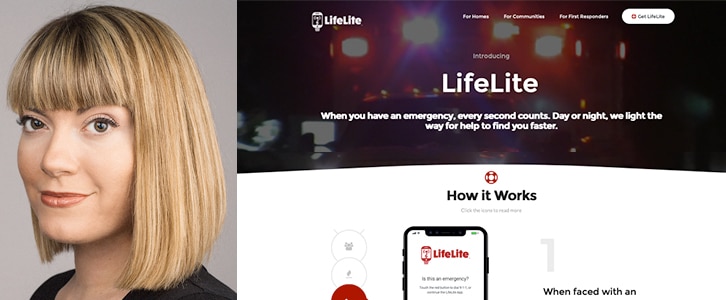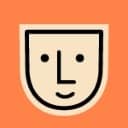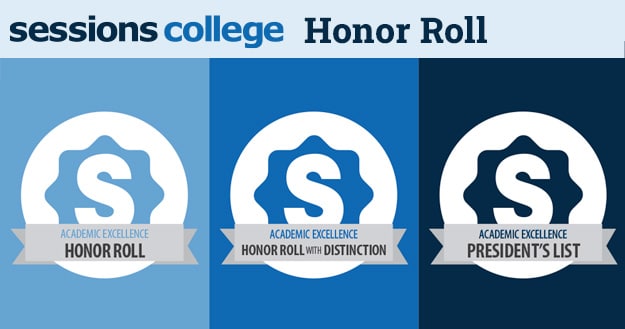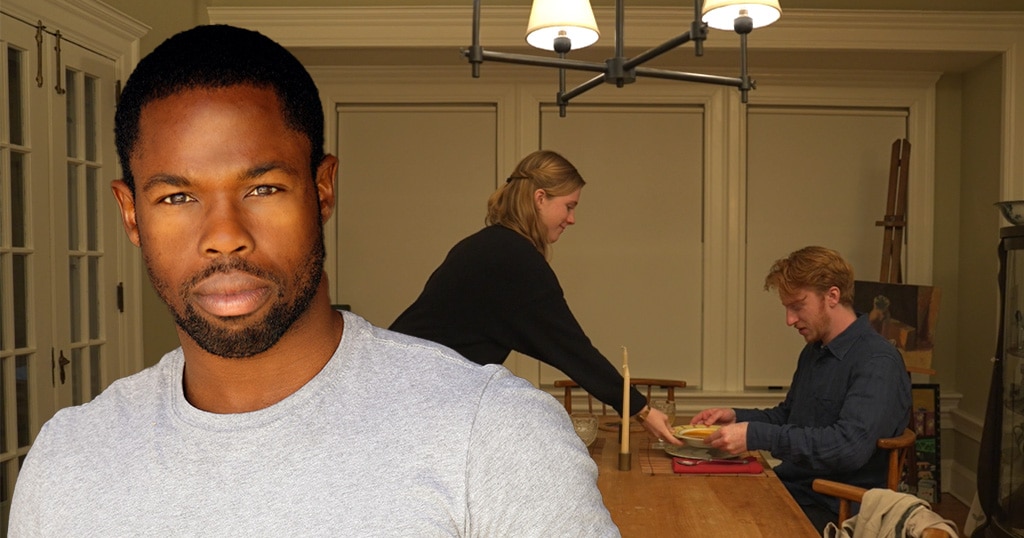What Web Designers Need to Know

Chelsea is web technologist who brings over 10 years of experience in UX Design and Consulting. She has helped 30+ early stage startups with ideation, branding and business design, to rapidly create user validated product and application solutions.Chelsea is the founder and designer of her own startup Lifelite.org, an emergency response technology with hardware and software components to help save lives.
Q: Web design by its nature is always in flux – perhaps the only constant is change. How has the industry changed in the past 3-5 years?
Overall, the workplace has become more flexible to meet people’s needs. Working remotely is incredibly common. I think mid-range designers are in the highest demand right now. Hiring entry level designers is difficult because they require a lot of training and guidance. And often they don’t have the correct skill set. Junior designers are in a higher demand because they have a couple or few years of experience and exposure.
Q: What software or technical skills are essential?
HTML, CSS, InVision, Sketch, and everything Google. Applicants need to show critical thinking, sketching, and rapid prototyping. Art skills are core and you can tell the people who don’t have them right away. It’s pretty important to differentiate oneself in the marketplace and be able to execute unique work.
Q: What types of art or design pieces should you be able to create? What should be in your portfolio?
I’d like to see logos, campaigns, app designs, or concepts. The pieces should let me judge how they think and assess their execution on details. I’m looking for experience with apps, product designs, or website prototypes because any of the above demonstrate design thinking skills.

Q: How do applicants stand out from the crowd?
The applicant needs to be a self-starter: organized, focused, and not on their phone. The need a work ethic and must take feedback without defensiveness and execute based on it.
The interview is a chance to show problem solving and critical thinking skills. I need people who can think for themselves and problem solve to get to actionable solutions. A web designer should always put the user first – and always ask “why why why why?” Take data points and use them to drive design and progress the work.
Q: Does an applicant need to present an online portfolio in order to be considered?
Yes. Providing a portfolio online or even attachments in email is fine. I care about the polished work, but I care most about how they think, and how they arrive at what they came up with. And if the work is online it had better be mobile friendly.
Take the time to personalize your resume and cover letter. Know what you want or what your goal is with any job you are applying to.
Q: And once you’ve landed the job?
Dig in. It’s supposed to be hard. If it’s not, you’re not doing it right or not learning enough. Be a self starter, research, find answers but also know your value and don’t let people exploit your talent.
Visit sessions.edu for more information on applying for online degree and certificate programs in web design. The Sessions College Advisory board is a veteran group of design industry educators and hiring managers. In an annual series of meetings and interviews, our Advisory Board conducts a workplace assessment and program review to ensure our programs keep adapting to changes in the market.

Sessions Staff is a restless soul who loves to share relevant news and design industry information with current and prospective students. Read more articles by Sessions Staff.
RECENTLY ON CAMPUS

























 What Photoshop’s new AI Tools Mean for the Creative Community
What Photoshop’s new AI Tools Mean for the Creative Community
 Gaining Confidence and Working with Clients
Gaining Confidence and Working with Clients Exploring the Artistry of Filmmaking
Exploring the Artistry of Filmmaking